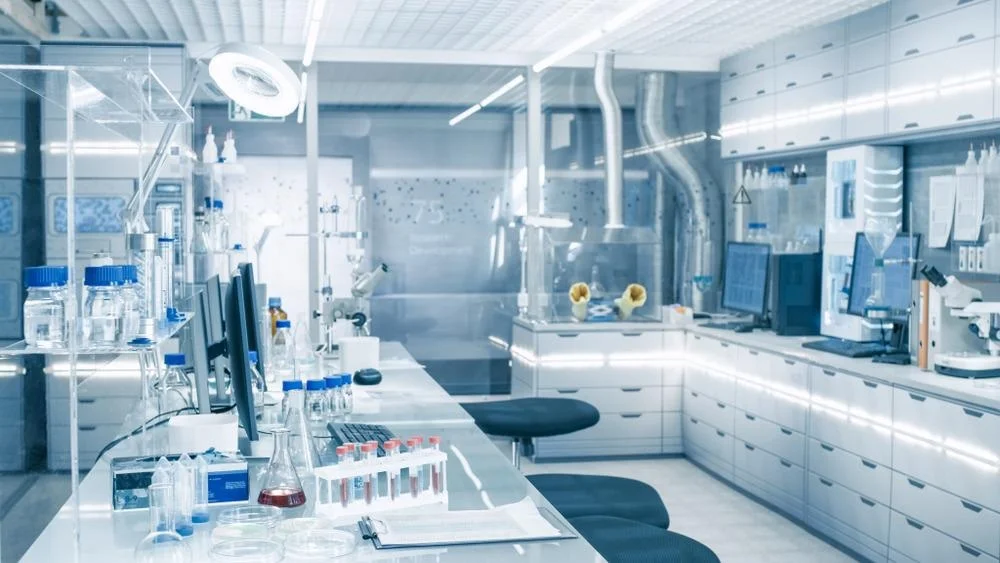ASTM D4127 Determination of Aromatic Hydrocarbons in Fuels
The ASTM D4127 method is a widely recognized and applied procedure used to determine the concentration of aromatic hydrocarbons present in fuel samples. This testing is essential for ensuring that fuels meet specific quality, safety, and regulatory standards set forth by international and national standards bodies.
Aromatic hydrocarbons are a class of organic compounds characterized by their benzene ring structure. They play a crucial role in the chemical composition of various types of fuel, including gasoline, diesel, jet fuel, and heating oil. The presence of aromatic hydrocarbons can significantly impact the performance characteristics of fuels, such as octane rating, volatility, and environmental emissions.
The ASTM D4127 method involves several key steps to accurately measure these compounds. Initially, a representative sample of the fuel is prepared according to specified procedures laid out in the standard. The sample preparation may include filtration or dilution depending on its initial concentration. Following this, the sample undergoes extraction using a solvent system designed to selectively remove aromatic hydrocarbons from the matrix.
Once extracted, the compounds are typically analyzed via gas chromatography (GC) equipped with a flame ionization detector (FID). This instrumental analysis allows for precise quantification of individual aromatic components within the fuel. The method also specifies calibration and quality control measures to ensure accurate results across different laboratories.
The reported values from this testing provide critical data that helps fuel producers and distributors comply with various regulations aimed at improving air quality, enhancing engine performance, or reducing greenhouse gas emissions. For instance, in regions like Europe and North America, stringent limits are imposed on the total aromatic content of gasoline to reduce volatile organic compound (VOC) levels during combustion.
Understanding the aromatic profile of fuels is not only beneficial for compliance but also for optimizing fuel formulations. By knowing precisely which aromatic hydrocarbons are present in a given batch of fuel, refineries can adjust their processes to produce cleaner burning products that meet market demands while minimizing environmental impact.
Industry Applications:
- Fuel production and refining industries
- Environmental regulatory agencies
- Air quality monitoring organizations
- R&D departments in automotive manufacturers
The ASTM D4127 method is particularly important for the fuel industry as it ensures that fuels used across various sectors meet the necessary standards. This includes transportation, where emissions from vehicles contribute significantly to air pollution; industrial processes requiring high-performance fuels; and residential heating systems relying on specific types of oil.
Use Cases and Application Examples:
- Detecting compliance with emission control regulations
- Identifying discrepancies in fuel composition during quality assurance audits
- Assessing the effectiveness of refinery processes aimed at reducing aromatic content
- Evaluating new formulations to improve fuel efficiency without compromising safety or environmental impact
In summary, ASTM D4127 serves as a cornerstone for ensuring that fuels comply with stringent requirements related to aromatic hydrocarbon levels. Its application spans multiple sectors and is integral in maintaining the balance between performance expectations of end users and the need to protect public health and the environment.
Eurolab Advantages
Eurolab offers unparalleled expertise in executing ASTM D4127 testing, providing clients with accurate results that are essential for maintaining compliance and ensuring product quality. Our team of chemists and engineers is well-versed in the intricacies of this method, ensuring consistent reliability across all tests conducted.
We employ state-of-the-art analytical equipment to perform these analyses, which guarantees precision and accuracy. This not only enhances the credibility of our findings but also supports decision-making processes within industries reliant on ASTM D4127 data. Our commitment to quality extends beyond just conducting tests; we also provide comprehensive reports that include detailed insights into each sample analyzed.
By leveraging advanced technology and rigorous laboratory practices, Eurolab ensures that every test adheres strictly to the requirements specified in ASTM D4127. This includes strict adherence to calibration procedures, regular maintenance of instruments, and adherence to quality assurance protocols at all stages of testing. Our experienced staff members undergo continuous training to stay updated with any changes or updates to the standard.
Our clients benefit from Eurolab's extensive experience in this field, which has been honed over years of successful project completion across diverse sectors. From small independent laboratories seeking additional capacity during peak seasons to large corporations needing specialized testing services, we cater to a wide range of needs with tailored solutions. Our focus on customer satisfaction and excellence in service sets us apart as the go-to choice for ASTM D4127 compliance.





